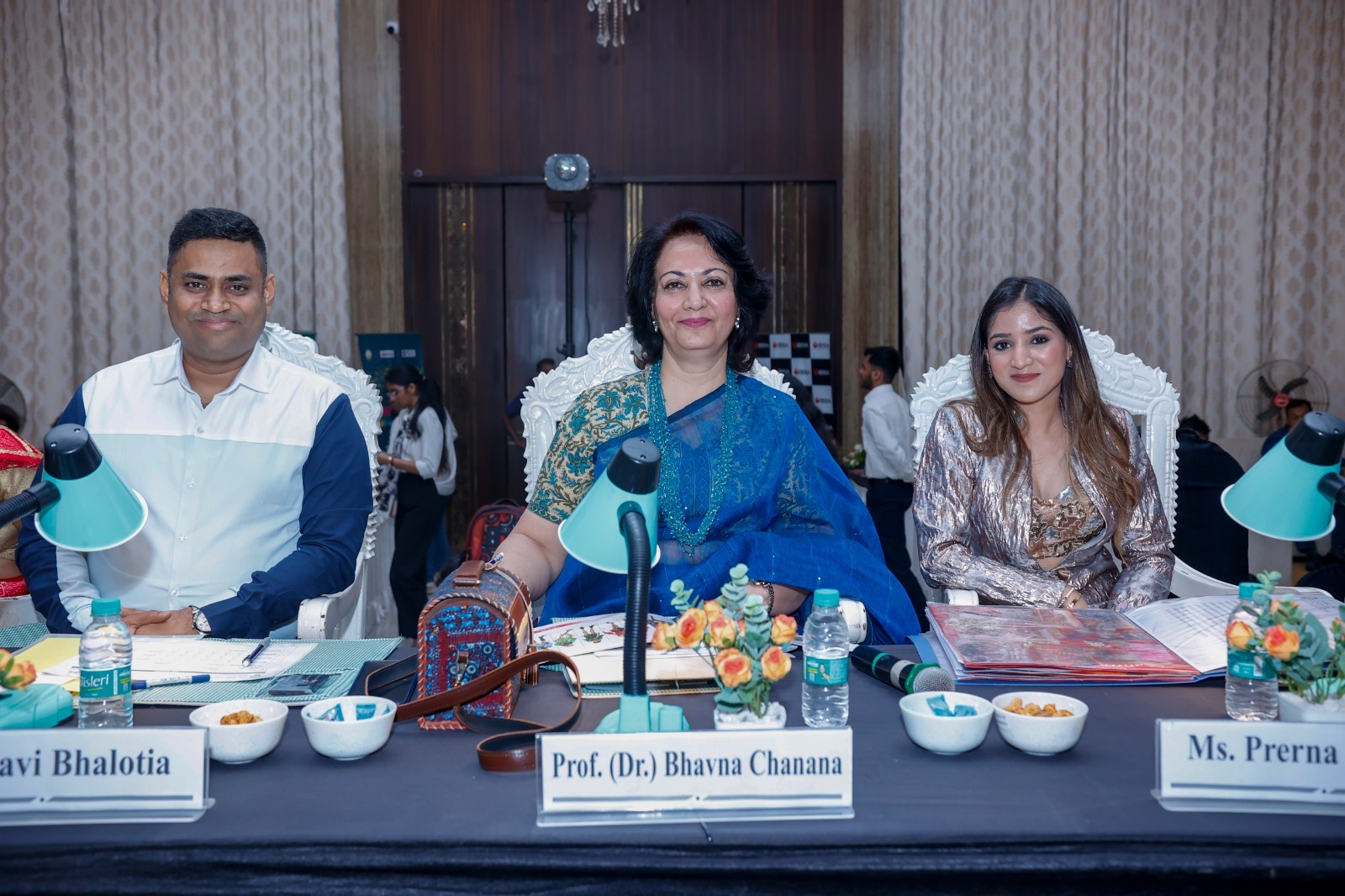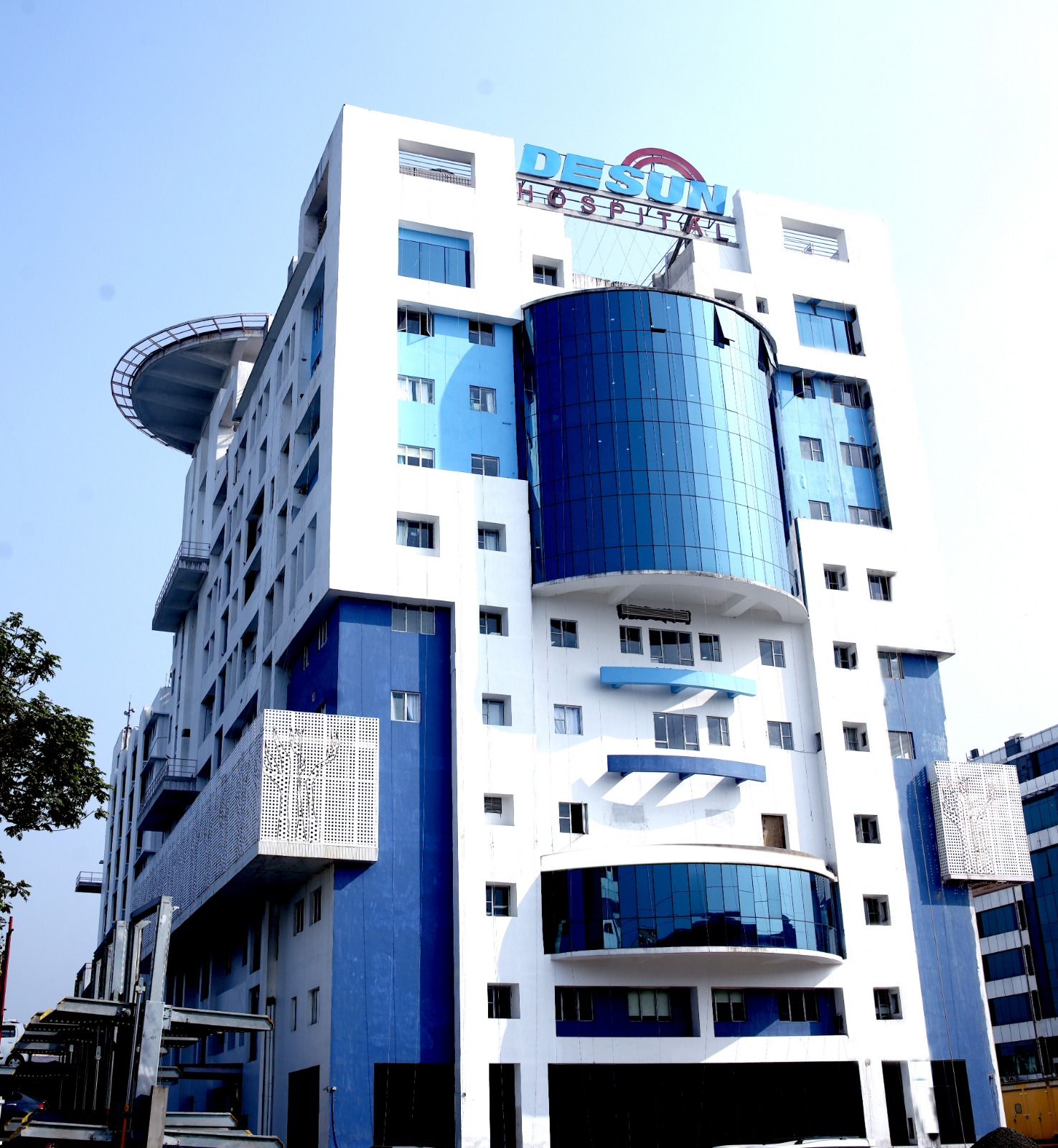The city of Kolkata, with its rich cultural heritage, is now taking center stage in the transformative era defined by Artificial Intelligence (AI). The recent educational seminar on the Future of Education, Skills, and Employment Post-AI Era held at the Westin Hotel by EME Academy illuminated the city’s commitment to innovation and adaptability. The convergence of cutting-edge technologies with traditional academic excellence positions Kolkata as a promising hub where the workforce not only prepares for change but thrives in it.
In the post-AI era, where 74% of people agree that AI resolves queries quicker, Kolkata stands out as a city that recognizes the importance of preparing its people for the challenges and opportunities presented by AI. The city has experienced a surge in demand for AI-related skills, prompting academic institutions to proactively equip students with the necessary tools.
Shri Tapas Chatterjee, MLA, Rajarhat Newtown, provided valuable insights during the seminar into the evolving landscape of education. He emphasized the crucial interplay between emerging skills and the job market. According to Mr. Chatterjee, adaptability and continuous learning are absolute necessities in today’s dynamic world, and the goal is to equip individuals with the tools necessary to thrive in the future of work.
Professor Dhrubajyoti Chattopadhyay, Vice-Chancellor of Sister Nivedita University, spoke about the shift from content to competencies, personalized learning, and lifelong learning. He emphasized that embracing the post-AI era requires a fundamental shift in the approach to education, moving from consuming content to cultivating competencies. Personalized learning, according to Professor Chattopadhyay, becomes a compass guiding students to discover and hone their unique strengths, transforming education into a lifelong journey of curiosity and adaptation.
Professor Sujoy Biswas, Director and CEO, Techno India Group, highlighted the demand for human-centric skills, hybrid skills, and a focus on creativity and innovation. In the post-AI era, success is not just about adapting; it’s about leading with creativity and innovating with purpose. Professor Biswas stressed the importance of human essence—empathy, creativity, and innovation—as the true currency of the future, and he urged for a new educational paradigm emphasizing hybrid skills that bridge the digital and human realms.
Shri Debasish Sen, retired IAS, Managing Director, WBHIDCO Ltd, Govt of West Bengal, viewed the rise of automation not as a challenge insurmountable but as an opportunity to redefine the nature of work. He highlighted the gig economy as a dynamic force offering flexible work structures and encouraged individuals to view it as an opportunity for innovation and entrepreneurship.
Humayun Kabir, IPS (Retd), Former Minister (Technical Education, Training and Skill Development), emphasized the importance of equipping the workforce with adaptability to thrive in a landscape where flexibility is paramount. He encouraged individuals to embrace the gig economy as a canvas for innovation and entrepreneurship, allowing them to craft their own professional narratives in the ever-evolving workspace.
Professor Saikat Maitra, Former VC, MAKAUT, West Bengal, discussed the imperative for institutions to foster creativity, critical thinking, and interdisciplinary collaboration. Education plays an essential role in preparing individuals for a workforce shaped by AI and advanced technologies.
Key Focus Areas for Future Education in the AI Era in Kolkata:
- AI-Integrated Curricula: Educational institutions in Kolkata are incorporating AI concepts into their curricula to ensure that students are well-versed in the applications and implications of AI across various disciplines.
- Interdisciplinary Learning: Recognizing the cross-cutting nature of AI, academic institutions in Kolkata are promoting interdisciplinary learning, encouraging collaboration between students from diverse backgrounds.
- Ethics and Responsible AI: As AI technologies advance, Kolkata prioritizes the teaching of ethical considerations and responsible AI practices. This ensures that graduates are equipped to navigate the ethical challenges associated with AI.
- Continuous Learning Initiatives: Kolkata is actively promoting a culture of continuous learning, encouraging professionals to upskill and reskill throughout their careers. This is crucial to staying relevant in the rapidly evolving job market.
In conclusion, Kolkata is not just adapting to the challenges of the post-AI era; it is actively shaping a future where education, skills, and employment seamlessly integrate with the advancements in technology. The city’s commitment to innovation, adaptability, and a holistic approach to education positions it as a beacon of progress in the dynamic landscape of the post-AI era.












